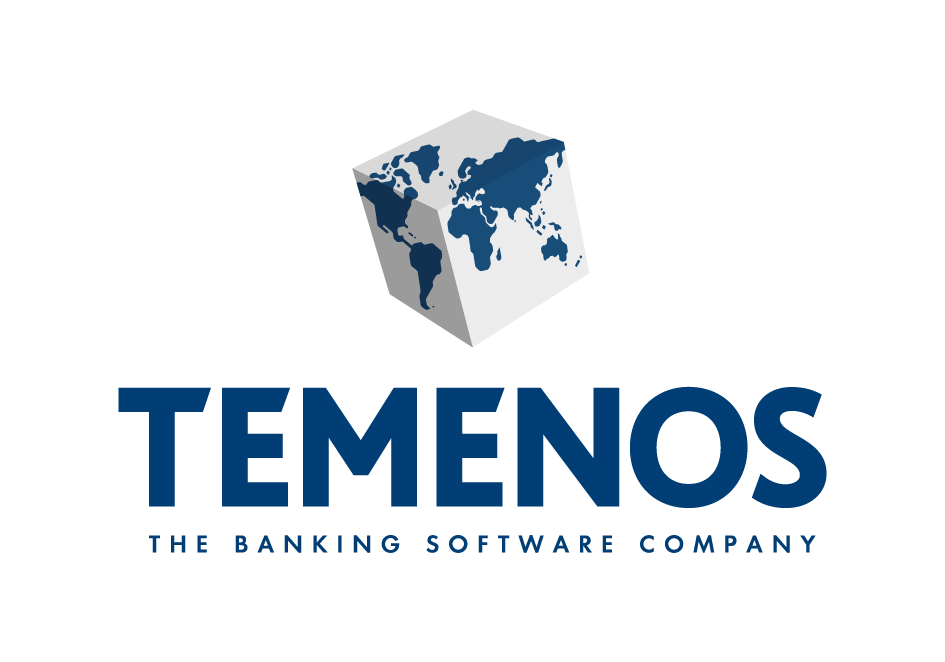
Open banking was lauded as a game changer for financial services to revolutionise their offerings and promote competition in the industry. But it is now three years since Open Banking began in the UK, and it has fallen short of this vision thus far, writes Kam Chana, Product Innovation Director at Temenos


Access deeper industry intelligence
Experience unmatched clarity with a single platform that combines unique data, AI, and human expertise.
Some good progress has been made. The UK leads open banking on a global level thanks to defined and imposed regulatory requirements and a dedicated central platform funded by the country’s nine biggest banks. Over two million customers are now using open banking-enabled products.
However, to date, it hasn’t perhaps had the revolutionary impact that some expected. Neither the pace of development of new services nor the level of consumer awareness are where they need to be, hindering the full promise of what open banking can unleash.
From open banking to open data
Open banking is a concept that is evolving into open data. Banks are increasingly looking at how they create alliances with organisations beyond banking such as telco companies to make use of geo-location data; data aggregators; or accounting software providers to develop additional services with broader data sets.
Look further down the line and we can see the potential of super apps such as WeChat and Alipay, which have shown the value of catering for the broader lifestyle needs of customers. Other such platforms are springing up across the world, allowing customers to do everything from their online shopping, paying for their morning coffee or listen to podcasts from a single mobile app.

US Tariffs are shifting - will you react or anticipate?
Don’t let policy changes catch you off guard. Stay proactive with real-time data and expert analysis.
By GlobalDataWe know banks are actively seeking this kind of transformation. A report we released last year in conjunction with the Economist Intelligence Unit revealed that nearly half of global banking executives aim to transform their business models into digital ecosystems that integrate their own products and services with third-party banking and non-banking products and services.
One of the biggest issues holding back these types of alliances in furthering open banking innovation is the lack of mandate in other sectors outside of financial services.
There is no technical reason a bank should not become a curator of a broader range of non-banking services provided to their customers via a convenient digital platform. Indeed, open banking provides an opportunity for banks to unlock new revenue sources by collaborating with partners, becoming marketplaces for third-party products and services.
However, the creation of these innovative, data-driven, hyper-personalised products and services relies on access to quality and relevant data. Providing a secure, standardised way of sharing data across sectors and geographies would make the development of innovative customer-centric solutions much easier.
At present this is not the case. But if governments and regulators find a way to open up this kind of data sharing framework across multiple industries in a way that functions effectively, the possibilities for developing innovative solutions to customer problems expands significantly.
A level playing field
When we think about companies launching into new industries, it is of course global tech giants who are leading the charge. Big Tech is moving into everything from automotive to healthcare and banking is no exception. Amazon is expanding the scale of its lending to businesses. Facebook has entered the payments market. Google is planning the launch of consumer bank accounts.
Yet under open banking rules, while banks are obliged to hand over the data of a customer who wants to work with a new provider of financial services, the same is not true in reverse. A third-party such as a tech giant can ask a bank for a customer’s data, but a bank can’t ask the same of a tech giant.
This concept of reciprocity was introduced as a core principle of the original blueprint for Australia’s open banking initiative, suggesting that any company wishing to receive data from banks should be obliged to provide their own customers’ data, as long as the customer consents to it. Though the concept has since been watered down, banks are still campaigning for its full inclusion in the future development of the initiative, concerned about the impact of giving unfair advantage to competitors from outside those industries covered by the regime.
They are right to be concerned. Data is one of the most critical assets a company has. Business models are evolving fast and banks are competing with rivals in other industries to innovate the fastest; to provide customer-centric platforms and marketplaces; and ultimately to win the customer relationship. In this environment, ensuring a level playing field is essential if you are going to promote the kind of open collaboration that produces the most compelling results for customers.
Trust is key
Consumer trust is another key issue that must be addressed if open banking is to reach its full potential.
Anyone who watched The Social Dilemma will understand why many consumers are concerned about how social media sites exploit their data for financial gain, but this lack of trust can easily be extended to financial services companies as their services evolve to become more data heavy.
Many consumers have a low or complete lack of understanding as to how they can control the data that banks hold about them and how companies process this data. Many give consent for their data sharing to take place without fully appreciating they have done so. This lack of understanding can easily erode trust, and banks must become aware of this risk and take immediate action.
The more banks do with data, the more risks they take. It is vital that any time they use customer data, they do so with the protection of customers as a central pillar. When we talk to banks about designing solutions, protecting customers’ data by following the spirit and not just the letter of the law, is a core principle. Doing the right thing by the customer must be a key facet of responsible innovation and data usage.
By ensuring transparency, building and maintaining trust, we are much more likely to see a stronger growth in demand for open banking-enabled products and services.
Data must flow freely & responsibly
Open banking is still a three-year old toddler but there is a huge opportunity for it to develop into a ‘grown-up’ framework that can make real improvements to our day to day lives and long-term aspirations.
Banks are increasingly looking beyond banking boundaries in order to develop truly customer-centric and personalised digital experiences for their customers powered by data, analytics and artificial intelligence.
As custodians of our customers’ financial health and prosperity, we must continue to do so, and to embrace the principle of putting customers in control of their own data. We must ensure that whatever data-driven products and services we develop are done so with data protection and privacy at the core.
Governments and regulators also bear a responsibility to stimulate customer-centric innovation. They can do this in two ways.
Firstly, by ensuring open banking and its younger siblings in other industries develop into genuine cross-industry ecosystems where data is shared in a secure and standardised manner.
Secondly, by striving to ensure open data initiatives operate on a level playing field where all participants face the same obligations, whatever industry they are in.
For the future success of open banking and the benefit of customers, data must flow freely in all directions, responsibly, with the trust and control of customers as we evolve our offerings to take advantage of the power of real open banking.







